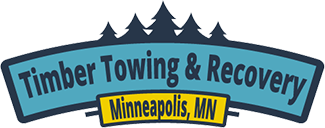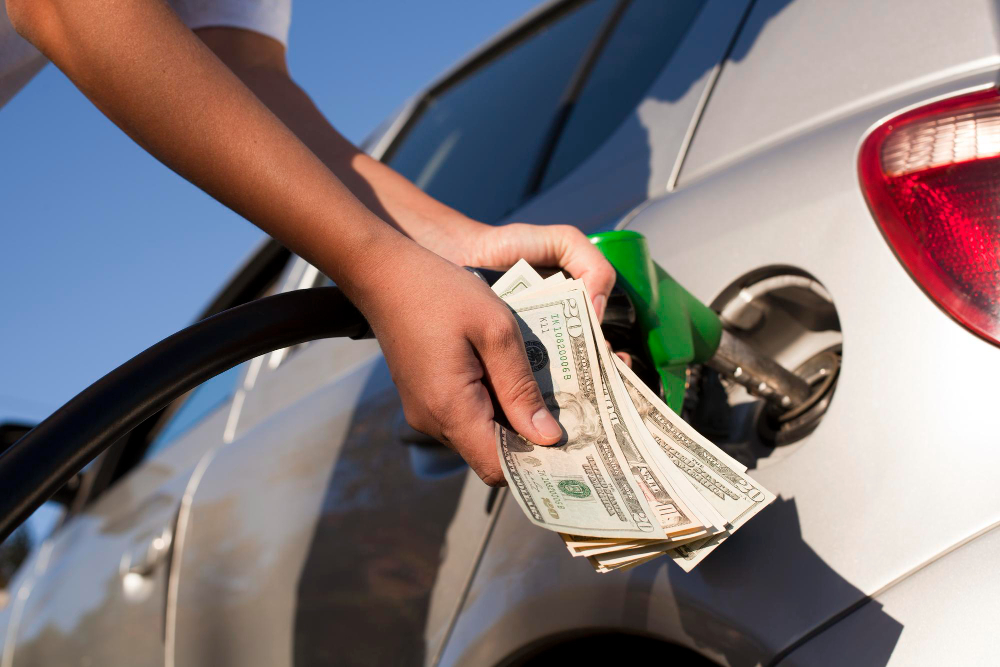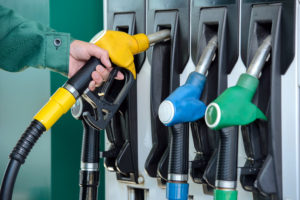Gas prices in Minnesota are no joke, with the average cost of gasoline sitting at $3.31 per gallon and diesel at a whopping $3.81. If you’re tired of watching your hard-earned money disappear at the pump, it’s time to take action. At Timber Towing And Recovery, we understand the importance of fuel efficiency for vehicle owners. That’s why we’ve put together this list of five fuel-saving tips to help you maximize your vehicle’s efficiency and keep more money in your pocket. And if you ever find yourself running on empty, remember that our fuel delivery service is just a call away at (651) 318-0441.
Tip 1: Maintain Proper Tire Pressure
Did you know that underinflated tires can be a real gas guzzler? When your tires aren’t properly inflated, your vehicle has to work harder to move forward, leading to increased fuel consumption. In fact, according to the U.S. Department of Energy, properly inflated tires can improve your gas mileage by up to 3%.
Use a reliable tire pressure gauge to check the pressure when your tires are cold, and add air as needed to reach the recommended levels. Don’t forget to check your spare tire, too!
By regularly checking and adjusting your tire pressure, you’ll not only improve your fuel efficiency but also enjoy a smoother ride and longer-lasting tires. It’s a simple task that can make a big difference in your vehicle’s performance and your wallet.
Tip 2: Reduce Excess Weight in Your Vehicle
Is your car doubling as a storage unit? It’s time to clear out the clutter! Excess weight in your vehicle can put a serious drag on your fuel efficiency. Did you know that for every extra 100 pounds you carry in your vehicle, your gas mileage can decrease by up to 2%? That means if you’re hauling around a few hundred extra pounds, you could be wasting a significant amount of fuel without even realizing it.
Take a few minutes to go through your vehicle and remove any unnecessary items. Start with the obvious culprits, like sports equipment, tools, and unused car seats. Then, move on to the smaller items that can add up quickly, like old magazines, empty water bottles, and forgotten snacks. Don’t forget to check your trunk, too—it’s a common spot for excess weight to accumulate.
By lightening your load, you’ll help your vehicle operate more efficiently and save fuel in the process. Plus, you’ll enjoy the added benefit of a cleaner, more organized vehicle. It’s a win-win!
Tip 3: Plan Your Routes and Combine Trips
Have you ever hopped in your car to run a quick errand, only to realize you need to make a few more stops along the way? Before you know it, you’ve spent hours driving around town, wasting fuel and precious time. Sound familiar? It’s time to get strategic with your trips and start saving some serious gas.
One of the easiest ways to maximize your fuel efficiency is to plan your routes and combine trips whenever possible. Instead of making multiple trips throughout the week, list of all the errands then group them together based on location and plan out the most efficient route. You can use tools like GPS apps and online maps to help you find the shortest distance between stops and avoid traffic-prone areas.
By combining your trips, you’ll minimize the amount of time you spend on the road and reduce the number of miles you drive. This not only saves you fuel but also helps reduce wear and tear on your vehicle. Plus, you’ll free up more time in your schedule for the things you enjoy.
Tip 4: Adopt Fuel-Efficient Driving Habits
When it comes to maximizing your vehicle’s fuel efficiency, how you drive can be just as important as what you drive. Adopting fuel-efficient driving habits can help you save gas and money, while also reducing your environmental impact. Here are a few tips to keep in mind:
Accelerate smoothly and brake gently
Aggressive driving, like rapid acceleration and hard braking, can lower your gas mileage by up to 33% on the highway and 5% in the city. Instead, try to accelerate smoothly and anticipate stops so you can brake gently.
Maintain a steady speed
Constantly changing your speed can burn more fuel than necessary. Use cruise control when possible to maintain a steady speed, and avoid excessive speeding, which can lower your gas mileage by up to 15%.
Minimize idling
If you’re going to be stopped for more than a minute, turn off your engine to save fuel. Idling can waste up to half a gallon of fuel per hour, depending on your vehicle and the weather conditions.
Use the right fuel grade
Using a higher octane fuel than your vehicle requires won’t improve performance or fuel efficiency. Stick with the recommended fuel grade to save money and maximize your vehicle’s efficiency.
By adopting these fuel-efficient driving habits, you can save money at the pump and help your vehicle perform at its best. It might take a little practice at first, but over time, these habits will become second nature.
Tip 5: Perform Regular Vehicle Maintenance
Just like you schedule regular check-ups with your doctor to maintain your health, your vehicle needs regular maintenance to keep running at its best. Neglecting routine maintenance can lead to decreased fuel efficiency, increased emissions, and costly repairs down the road.
One of the most important maintenance tasks when it comes to fuel efficiency is keeping your engine properly tuned. A well-tuned engine can improve your gas mileage by up to 4%, while a poorly tuned engine can decrease your gas mileage by up to 40%. Regular tune-ups can also help identify and fix problems that may be affecting your vehicle’s performance and efficiency.
Another key maintenance task is changing your oil regularly. Using the manufacturer’s recommended grade of motor oil can improve your gas mileage by 1% to 2%. Over time, oil can break down and become less effective at lubricating your engine, which can lead to increased friction and decreased efficiency. By changing your oil at the recommended intervals, you can keep your engine running smoothly and maximize your fuel efficiency.
Other maintenance tasks that can impact your fuel efficiency include checking for fuel leaks, replacing your air filter, checking your tire alignment, and maintaining your vehicle’s emission control system. By staying on top of these tasks and following your vehicle’s recommended maintenance schedule, you can help ensure that your vehicle is operating at peak efficiency and saving you money at the pump.
Conclusion
Maximizing your vehicle’s fuel efficiency is all about making small changes that add up to big savings over time. And if you ever find yourself in a pinch, remember that Timber Towing And Recovery’s fuel delivery service is here to help. With just a quick call to (651) 318-0441, our team of experienced professionals will bring the fuel directly to you.




